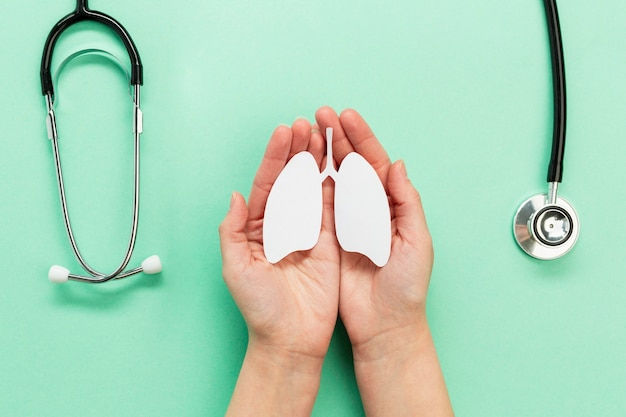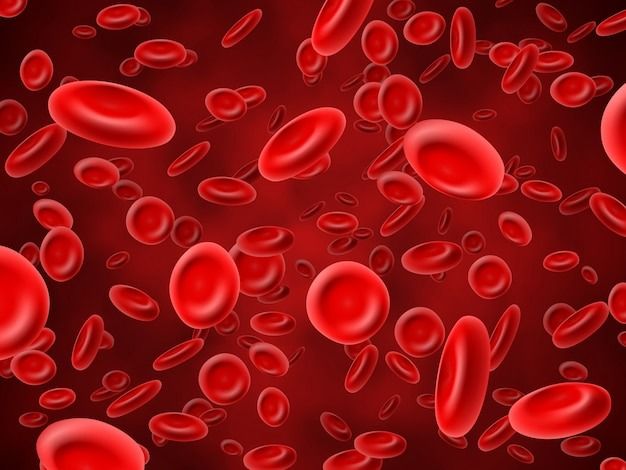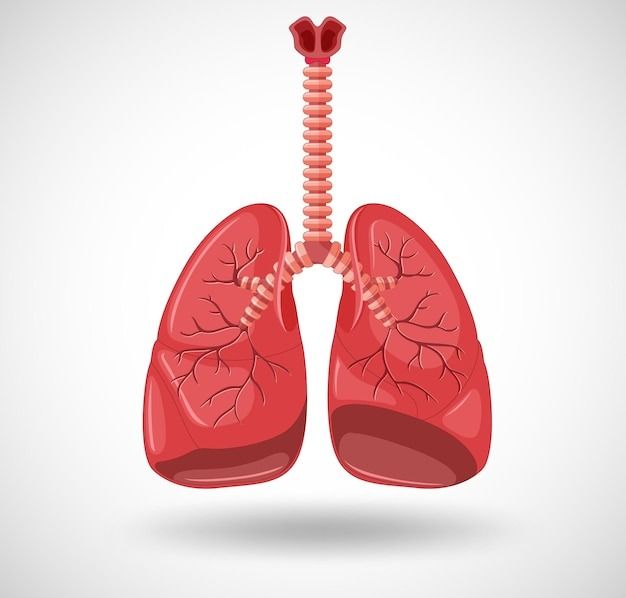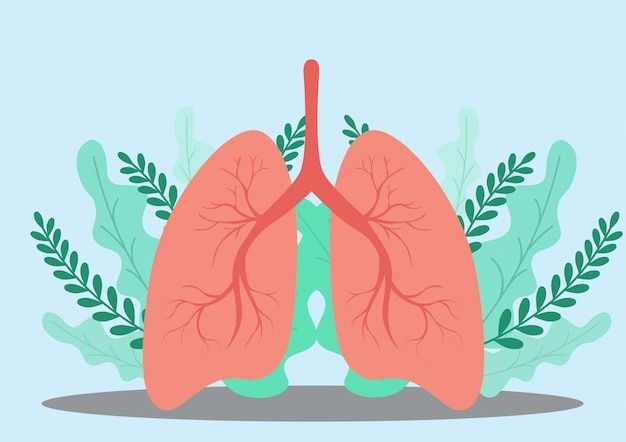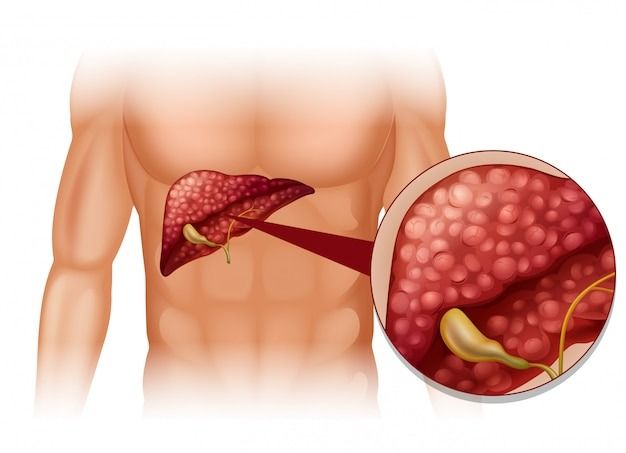Is bone marrow transplant safe for older patients?

Bone marrow transplants were initially deemed high risk procedures used to cure cancers. It was primarily used to cure cancer in younger patients. This was because it has toxicities associated with full dose conditioning chemotherapy. However, advancements have occurred in low intensity conditioning chemotherapy. Additionally, better supporting care and patient selection have extended the use of bone marrow transplant at 70.
Hence, age is now not an exclusion criteria for receiving bone marrow transplant.
When considering this treatment, you should assess your life goals against the risks and side effects.

Here is the good news! Age no bar!!
What is the maximum age limit for bone marrow transplant?
There is no maximum age limit for bone marrow transplants. It varies based on individual factors. Bone marrow transplants are more commonly performed on younger patients. This is because of their better tolerance and outcomes.
Older age may increase risks associated with the procedure. However there are advancements in medical techniques. It has allowed successful transplants in older adults as well.
The decision of bone marrow transplant on older patients is made on a case by case basis. Factors like overall health and potential benefits versus risks are considered.
Consult a doctor to understand if you are eligible for a bone marrow transplant. Specially if you are between 60 to 70 years of age.
According to yogi times
Older patients who undergo a bone marrow transplant usually have different life expectancies depending on their health and how successful the procedure is. On average, survival rates are lower for older patients compared to younger ones. Finding a suitable bone marrow donor can be tougher for older patients because their immune system changes with age and they might have other health problems. It takes more time to find a compatible match. However, advancements in medical technology and research are helping improve outcomes for older patients getting bone marrow transplants, giving hope for better results in the future.
Your health is too important to ignore – schedule your appointment now.
Understand the success rate of bone marrow transplants at 70!! Read ahead!
How does age affect the success rate of bone marrow transplant?

As per a research, the risk of mortality after a bone marrow transplant increases with growing age. Patients aged between 20 to 40 and above 40 have high mortality risk after the transplant procedure.
After the transplant certain older patients responded to immunosuppressive therapy. They showed a 50% survival rate of 5 years.
Are there any additional risks or complications associated with bone marrow transplant in older patients?
Additional risks and complications associated with bone marrow transplant in older patients include:
- Mucositis: Inflammation and ulceration of the mucous membranes. It causes painful sores in the mouth and throat during the transplant process.
- Nausea and vomiting: Common side effects result from the conditioning chemotherapy and radiation treatments given before the transplant.
- Infection: The weakened immune system makes older patients more susceptible to infections. This needs careful monitoring and preventive measures.
- Bleeding and transfusions: Older patients may experience increased bleeding and require blood transfusions. This is due to depletion of blood cells during transplant.
- Interstitial pneumonitis and other lung problems: Inflammation and damage to lung tissue can occur. This leads to respiratory issues and complications.
- Graft-versus-host disease (GVHD): A condition where the transplanted cells attack the recipient's body tissues. This causes various complications in the body.
- Acute GVHD: The early onset of GVHD, typically within the first few months after the transplant. This can affect the skin, liver, and gastrointestinal tract.
- Chronic GVHD: A more prolonged and ongoing form of GVHD. It can affect multiple organs and tissues. Leads to long-term complications.
- Hepatic veno-occlusive disease: Damage to the liver's blood vessels. This results in liver dysfunction and potential complications.
- Graft failure: The transplanted cells may fail to properly engraft and function in the recipient's body. This leads to inadequate blood cell production.
- Transplant problems that may show up later: Some complications, such as late effects of radiation, long-term organ damage, or secondary cancers.
Take charge of your health and your life. Contact us today!
How do doctors determine if an older patient is a good candidate for bone marrow transplant?

When evaluating older patients for bone marrow transplant at 70 the doctors will asses the following:
- Overall health
- Disease factors
- Functional status
- Comorbidities
- Geriatric assessment
When considering you as a candidate for a bone marrow transplant, doctors will:
- Assess your medical history.
- Conduct a thorough physical examination.
- Perform blood tests to evaluate your overall health.
- Use imaging tests, such as X-rays, to examine your organs.
- Check the functioning of your heart, lungs, and other vital organs.
- Take a small sample of your bone marrow through a biopsy to assess your condition.
- Administer additional tests to rule out any underlying serious conditions.
- Request a psychosocial evaluation to assess your mental and emotional well-being.
- The evaluation process may take several days or more to complete.
Are there any alternative treatments for older patients who are not good candidates for bone marrow transplant?

Alternative treatments for older patients who are not suitable for a bone marrow transplant include:
- Chemotherapy: Directly targets and kills cancer cells. Controls their growth and alleviates symptoms.
- Radiation Therapy: Uses high-energy beams to destroy cancer cells or shrink tumors.
- Targeted Therapy: Uses drugs that specifically target abnormalities or mutations in cancer cells. slows down their growth and spread.
- Immunotherapy: Stimulates the immune system to recognize and destroy cancer cells. Enhance existing immune responses.
- Palliative Care: Focuses on symptom relief, pain management, and improving quality of life for patients.
While the above treatment options are available. It is important to note that allogeneic hematopoietic stem cell transplantation (allo HSCT) is the only curative therapy.
However, only less than 10% of patients above 65 years can have bone marrow transplants.
you can also visit our blog 60 days after tbone marrow transplant.
Want to know the secret to a successful bone marrow transplant at 70? We'll reveal the essential factors that can make all the difference.
What factors should older patients consider when deciding whether or not to undergo a bone marrow transplant?

Bone marrow transplants at 70 have a lot of risks associated. Hence, before deciding to undergo the procedure you should ask yourself the following questions:
- Ist question to ask is “What are the risks and benefits of this transplant procedure?”
- You have to do a thorough assessment of the risks and benefits of transplant for your specific condition. Different treatments have varying pros and cons. For example, autologous transplants and allogeneic transplants will have different benefits and risks. It is your duty to discuss the same with your doctor. You should evaluate the potential risks and benefits before making any decision.
- The 2nd question that should come to your mind is “Is there a support system in place for me?”
- Older patients need psychological, emotional, practical and financial support for a procedure like bone marrow transplant. Finding healthcare, managing medications and symptoms and coping with stress can be overwhelming. The cost of these essentials can be high. Also, one will need an all day caregiver, given their old age. These concerns should also be considered before taking a decision.
- The third question to seek an answer for is “Am I fit enough to undergo the transplant?”
- You should assess your geriatric fitness beforehand. Aging reduces the ability to handle physical and mental stress. This raises the risk of side effects. These complications can impact the outcomes of the transplantation. However, preventive measures exist to enhance recovery and minimize these challenges.
- How long does it take for an older patient to recover from a bone marrow transplant?
- Recovery time following a bone marrow transplant at 70 can vary. It mostly takes around three months to recover after the transplant. However, it is normal sometimes that the recovery takes more or less time than usual. This period is crucial for cell recovery and growth. During this period the body undergoes healing and regeneration. Around the third month after the transplant, you will see accelerated hair growth. You will start seeing improvement in your overall well-being. At this point, you can gradually start your usual activities. You will feel better as time progresses. However, it is important that for most of the people above 60 3- 12 months are mostly gone in recovery post-transplant.
Your well-being is our priority - call us to book your appointment today
Are you ready to unlock the secrets to a successful recovery after a bone marrow transplant?
What kind of aftercare is needed for older patients who undergo bone marrow transplants?

Aftercare for older patients postpostse marrow transplant includes:
Regular check-ups and follow-up appointments.
- Adherence to medication regimen and managing side effects.
- Taking precautions to prevent infections.
- Maintaining a healthy diet and receiving nutritional support.
- Accessing emotional support and counseling.
- Participating in rehabilitation and physical therapy if needed.
- Making necessary lifestyle adjustments.
Following these guidelines is crucial for a successful recovery.
FAQs

Q1. Is age a factor in determining eligibility for bone marrow transplants?
Ans. Age can be a factor in determining eligibility for bone marrow transplants, as older patients may have higher risks of complications during and after the procedure. However, age alone does not necessarily exclude someone from being a candidate for a transplant.
Q2. What are the risks of a bone marrow transplant for a 70-year-old patient?
Ans. Risks of bone marrow transplant can include infection, bleeding, organ damage, and graft-versus-host disease (GVHD). These risks may be higher in older patients due to factors such as weaker immune systems and pre-existing medical conditions.
Q3. How does the recovery process differ for older patients undergoing bone marrow transplants?
Ans. Recovery may be slower and more difficult for older patients, and they may require more support and assistance during the process. Follow-up care and monitoring may also be more intensive.
Q4. Can a 70-year-old patient receive bone marrow from a younger donor?
Ans. Yes, a 70-year-old patient can receive bone marrow from a younger donor, as long as the donor is a suitable match. However, the risks and potential complications may be higher in older patients.
Q5. What are the survival rates for 70-year-old patients undergoing bone marrow transplants?
Ans. Survival rates for older patients undergoing bone marrow transplants can vary depending on factors such as overall health, type of transplant, and the presence of other medical conditions. However, survival rates may be lower than for younger patients.
Q6. How does the pre-transplant evaluation process differ for older patients?
Ans. The pre-transplant evaluation process may involve more extensive testing and evaluation for older patients, as they may have a higher risk of complications. The healthcare team may also need to take into account any pre-existing medical conditions.
Q7. Can a 70-year-old patient undergo a bone marrow transplant more than once?
Ans. While it is possible for a patient to undergo a bone marrow transplant more than once, it is generally not recommended due to the increased risk of complications. This decision would need to be made on a case-by-case basis by the healthcare team.
Q8. Are there any age-related restrictions on the use of certain bone marrow transplant procedures?
Ans. Some bone marrow transplant procedures, such as reduced-intensity conditioning (RIC), may be better suited for older patients due to their lower intensity and potential for lower risk of complications. However, this decision would need to be made based on individual patient factors and medical history.
Reference
https://pubmed.ncbi.nlm.nih.gov/23791626/
https://www.targetedonc.com/view/the-role-of-age-in-bone-marrow-and-stem-cell-transplants-for-mds


